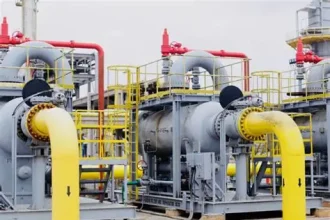Deloitte Ghana has outlined measures to government that will help expand the country’s tax base.
First, it is urging the government in its analysis of the 2024 Mid-Year Budget, to enhance the ease of doing business at the ports, improve taxpayer education, and regularly update the Ghana Revenue Authority (GRA) website to address taxpayer concerns.
Second, the professional services firm is calling for the continuous clean-up of tax register and implementation of electronic systems to cover more taxpayers and improve taxpayer experience.
Other measures are the development of guidelines for the implementation of the Emissions Levy and environmental excise duty on plastics; data sharing and exchange of information with other jurisdictions to improve revenue mobilisation; the Introduction of simplified digital solution and electronic bookkeeping system to operationalise modified taxation regime for the informal sector and the addition of 2,000 taxpayers to the electronic Value Added Tax (VAT) invoicing system by end of 2024.
On tax incentives, it proposed the completion of regulations for the exemptions Act, 2022 (Act 1083); the amendment of VAT regulations, 2017 (L.I. 2255) to broaden scope of exemptions for active pharmaceutical inputs, excipients, and other finished pharmaceutical products; the review of existing tax laws to consolidate changes required for contemporary tax needs and the completion of draft regulations to operationalise the Independent Tax Appeals Board (ITAB).
On revenue mobilisation policies, it called for the development of a framework to re-introduce road and bridge tolls through an efficient and modernised tolling system by end of 2024, the re-institution of the integrated property tax system to ensure efficient assessment and collection of property tax and the development of legislation and strategic framework for mobilising and managing non-tax revenue.
















